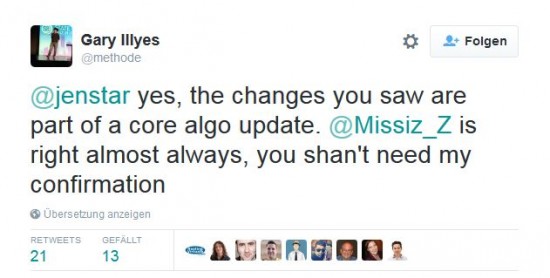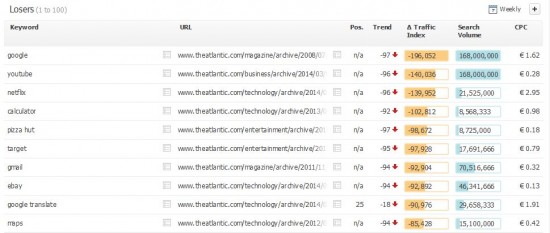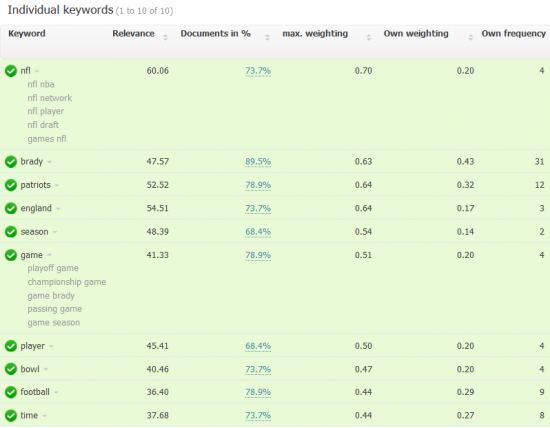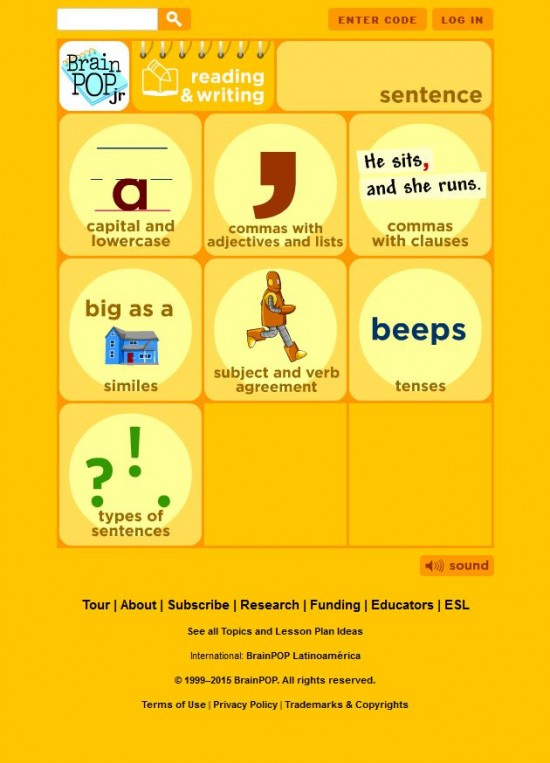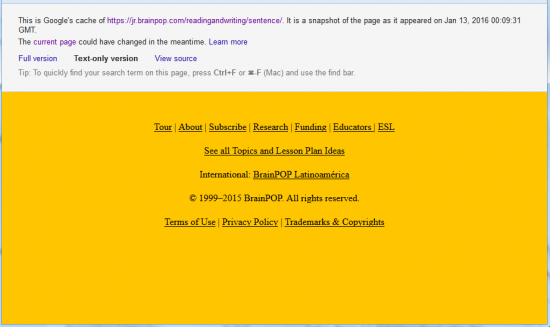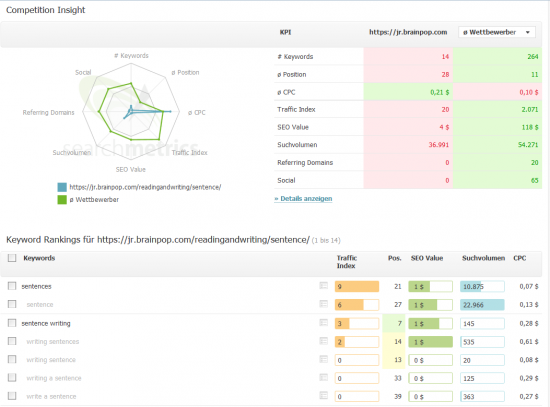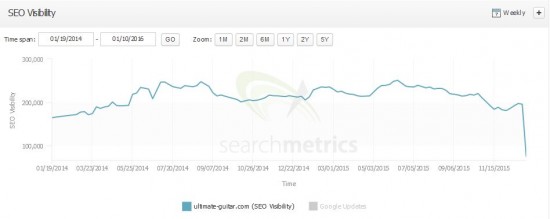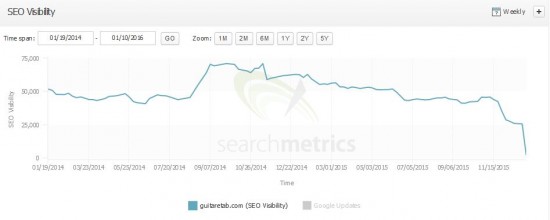The new year has begun with a confirmed Google update. However, what was initially believed to be either a change to Panda or Penguin is in fact a core ranking algorithm update. Here, we take a look at the fresh data from the Searchmetrics Suite.
Background to Google update
We were expecting a Penguin update for the start of 2016. Initial analyses from the weekend 9/10 January were focused on this. The changes in the Google rankings were considerable on a global scale and various services that measure changes in Google search results came to similar conclusions.
Meanwhile several Google employees have spoken about the update via Twitter: John Mueller and Gary Illyes have confirmed that the observed turbulence is in fact due to a Google update – not the expected Penguin update, but an update to the core ranking algorithm.
Analysis: lots of change, few observable patterns
We have pulled fresh research data from the Searchmetrics Suite to analyze the changes in Google search results. We observed massive changes in the top 100 websites by SEO Visibility (our flagship indicator for online performance) – 50% of the websites that are now amongst the winners and losers are different to before the update. This holds true for both desktop and mobile SERPs. We have tried to detect any patterns that are characteristic of a quality update, which we will now have a closer look at.
Content quality is decisive
We drew attention to the volatility of the search results following last update of 2015 – Phantom III / Quality Update. This volatility matches again with the current data. In particular in the USA publisher websites with pieces of content that rank with brand keywords and entities have witnessed heavy losses in visibility. Brands, on the other hand, have seen a boost in rankings. This trend is not yet noticeable in other international markets, which could indicate that the update has not yet been rolled out globally.
Let’s take a look at the biggest loser in the US – theatlantic.com. This publisher has primarily lost with old URLs that ranked for brand keywords and entities:
It is apparent that many loser domains are classic print publishers and their losses in rankings mainly stem from older content pieces. Additional publisher who lost rankings are newyorker.com, vanityfair.com, arstechnica.com, fastcompany.com and economist.com.
These losses amongst publishers are mainly compensated by corresponding gains amongst brands such as alaskaair.com.
Parallel to this development many publishers have actually won in Google.com search results. Particularly those publishers with current or holistic content. Top winner according to our most recent Suite data is gq.com. On gq.com the biggest winning URL is a comprehensive article about NFL star Tom Brady, shown here in the screenshot on the left.
The article contains photos and a video and a lot of text (more than 3000 words including an interview). A test with Content Optimization in the Searchmetrics Suite shows that the article covers all important subtopics about entity Tom Brady.
Additioanl publishers who gained visibility are time.com, qz.com, howstuffworks.com, politico.com and inquisitr.com.
Whether a publisher or brands won or lost for a specific keyword is dependent on the individual QDF score that Google calculates according to current events and user behavior, particularly search volume. For topics that are current, obviously publishers with current content witnessed visibility gains.
In summary, the quality of the content is absolutely decisive for rankings.
User intent instead of content
One group of winners is particularly suprising for SEOs: educational games. Domains such as brainpop.com and mathplayground.com with landing pages such as this:
The screenshot is no cropped, this is actually the complete page. If you are thinking of cloacking or hidden content, just take a look at the Google cache:
From a classical SEO perspective, these rankings can hardly be explained. There is only one possible explanation: user intent. If someone is searching for “how to write a sentence” and finds a game such as this, then the user intention is fulfilled. Also the type of content (interactive game) has a well above average time-on-site. According to SimilarWeb, the duration of an average visit to BrainPOP is more than 8 minutes, with a bounce rate below 20%.
Even though the site regained rankings, BrainPOP is a good example of the downside of having a lot of pages with low amounts of content: each page only ranks for a few keywords, as our Content Performance analysis shows quite well:
Conclusion: High quality, longform content pieces that cover a topic in-depth are the winners in many areas. But the sheer amount of content is not decisive for rankings, rather the question of whether the content is relevant and fulfils the user intention.
De-indexed guitar tab pages
Websites that offer guitar tabs have been completely de-indexed in some cases. Let’s take a look at the visibility of ultimate-guitar.com as an example:
This change, being de-indexed, has been implemented globally. This has also been carried out for guitartab.com in the US:
Due to the branch specific nature of this complete de-indexation of thousands of URLs, we suspect this change was implemented manually. In addition, ranking positions have been filled by pages with effectively the same content (guitar tabs). The former market leader Ultimate Guitar still ranks for some keywords, however, typically with relatively low quality subpages in correspondingly low ranking positions. The complete domain has not been de-indexed. While the subdomain tabs.ultimate-guitar.com has been completely de-indexed, the editorial content can still be found in the Google index.
As always we will continue to monitor the data and keep you abreast of any further changes. Have you noticed any changes in your rankings or have any more info about the update? – Let us know in the comments below.

